Japanese animation is a powerhouse industry that needs no introduction, especially within fandom spaces. But despite its massive cultural impact and undeniable artistic peaks, the animated films and shorts coming out of Japan’s studios still struggle to get the recognition they deserve in the Western awards and festival circuits—and the Oscars are a prime example of it. The Academy Award for Best Animated Feature has been around since 2001, for a grand total of 89 titles including winners and nominees. Only seven of those 89 movies were produced in Japan and only one of those seven actually won Best Animated Feature (but what a win that was, and what a movie).
It’s even worse for the Best Animated Short Film category, which has been around since the 1930s and has so far included only three Japanese productions—and again, only one winner. Hopefully, this trend will change soon—slowly but surely, both categories have begun to include more of the world beyond English-speaking countries into their rosters of nominees. It’s a sluggish process that often stops in its tracks at Europe (the nominees for this year’s Best Animated Feature include four American productions and a Danish one), sure, but one can always think positive. In the meantime, here’s a complete list of all the anime movies that have ever figuratively “walked the red carpet” at the Oscars—including the two that brought that little golden statue home.
Mirai, 2018
Produced by Studio Chizu and directed by Mamoru Hosoda, Mirai (its original Japanese titles, Mirai no Mirai, translates more correctly to “Mirai of the Future”), was the last anime movie to be up for an Oscar in 2018, where it lost to the admittedly incredible Spider-Man: Into the Spiderverse.
The only non-Western movie of its year, Mirai tells the story of a little boy, Kun, whose parents have just had a second child—a daughter named Mirai that Kun greatly dislikes since all attentions are now centered around her. As he stomps into the garden to sulk one day he discovers that he somehow can travel both to the past and to the future, where he meets several people from his family—his mother as a little girl, his great-grandfather, even a grown-up Mirai. All these encounters will help Kun finally accept Mirai as his little sister, in a highly-acclaimed and emotionally-touching story.
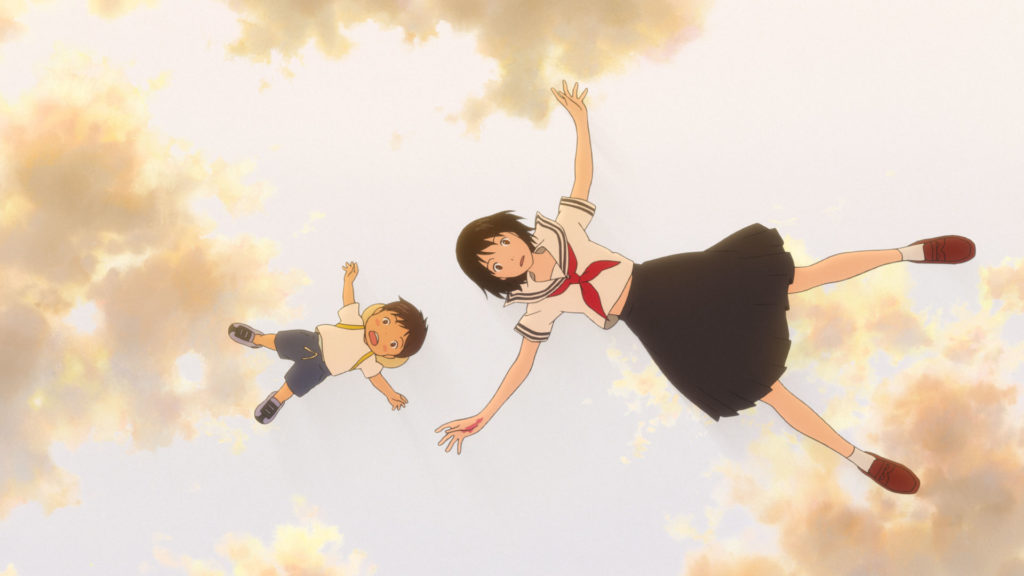
The Red Turtle, 2016
The Red Turtle was up for the Best Animated Feature award at the 89th Academy Awards, which crowned Disney’s Zootopia as the winner. The movie was a co-production between Studio Ghibli, represented by producer Toshio Suzuki, and several French companies—its director was Dutch animator Michaël Dudok de Wit, who also co-wrote the script.
The story of The Red Turtle follows a man who is stranded on a desert island after a shipwreck. There, he meets the titular red turtle, who reveals itself as a red-haired woman with whom the man will share his life. It’s a very touching movie, made even more so by the fact that it has absolutely no dialogue.
When Marnie Was There, 2015
Studio Ghibli’s When Marnie Was There was up for the Best Animated Feature award at the 88th Academy Awards for the 2015 movie season. The Oscar ultimately went to Pixar’s Inside Out, but When Marnie Was There, directed by Hiromasa Yonebayashi, marked another international success for Studio Ghibli—which is undoubtedly the most recognized and most beloved Japanese animation house in the world.
The movie, based on the 1967 novel of the same name, follows 12-year-old Anna Sasaki as she moves to the seaside in Hokkaido after a doctor’s recommendation—there, she meets mysterious Marnie, with whom she spends most of the summer and who will help her gain new awareness of herself and her story.
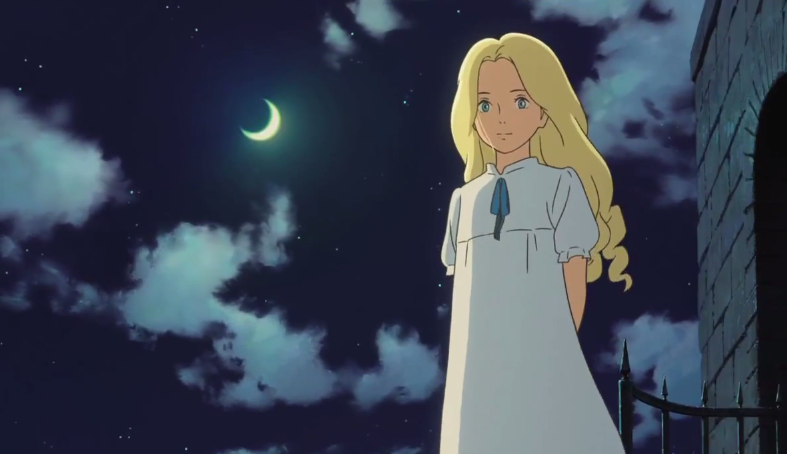
The Tale of Princess Kaguya, 2014
Another Studio Ghibli production, The Tale of Princess Kaguya is based on a popular 10th century Japanese literary tale and follows the story of Kaguya, who was found by a bamboo cutter inside a bamboo shoot and after a series of adventures and discoveries eventually leaves Earth to return to her true home on the Moon.
The Tale of Princess Kaguya, directed by Isao Takahata, features an animation style that is somehow different from what is “typical Studio Ghibli” —a feature that only serves to make the movie more fascinating (and maybe more expensive, since it’s the Japanese production with the biggest budget to date). It was up for a Best Animated Feature Oscar at the 87th Academy Awards but lost the golden statue to Disney’s Big Hero 6.
The Wind Rises, 2013
The streak of nominations for anime movies of the early 2010s started at the 86th Academy Awards, which looked at the 2013 movie season for their nominees, with Studio Ghibli’s The Wind Rises. The highest-grossing Japanese film of the year and recipient of nominations left and right, The Wind Rises was directed by none other than Hayao Miyazaki himself—it was actually meant to be his directorial farewell, but he has since come out of retirement to direct How Do You Live?, which will probably be released sometime in 2023.
The movie follows Jiro Horikoshi, who was the actual real-life engineer behind many of the fighter planes used by Japan in World War II. Even though it sparked some controversy at its release, The Wind Rises gained incredible success both at home and abroad—but it still lost to the Oscar to Disney’s blockbuster and all-around pop culture phenomenon Frozen.
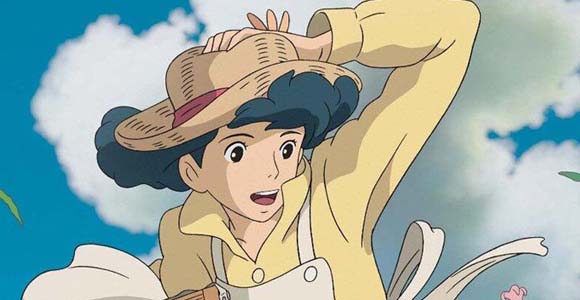
Possessions, 2013
Possessions, directed by Shuhei Morita, is part of the larger media project titled Short Peace which includes four short films (Possessions, Combustible, Gambo, and A Farewell to Weapons) as well as a video game—but only Possessions entered the roster of nominees for Best Animated Short Film at the 86th Academy Awards, where it lost the statue to Mr. Hublot. The short film follows the story of a lone traveler who spends the night in an abandoned shrine, where he’s soon visited by a vast array of spirits.
La Maison en Petits Cubes, 2008
The title of Best Animated Short Film for a Japanese production arrived at the 81st Academy Awards with La Maison en Petits Cubes, directed by Kunio Katō, which tells the story of an old widower who is forced to add new levels to his home as his town is flooded by water—a process which will eventually lead him to reflect on his long and eventful life.
Howl’s Moving Castle, 2005
Another landmark production carrying the signature of Hayao Miyazaki, Howl’s Moving Castle is one of the great Ghibli classics, as well as one of the most successful Japanese movies of all times—so it comes as no surprise that it was up for a Best Animated Feature Oscar at the 78th Academy Awards (where it ended up losing to DreamWorks’ Wallace & Gromit: The Curse of the Were-Rabbit).
Based on the first book of Dianna Wynne Jones’ How trilogy, published in the 1980s, the movie follows Sophie, who leaves her town and her hat shop after being cursed to look like an elderly woman by the terrible Witch of the Wastes. Sophie seeks shelter in the moving castle of the Wizard Howl, who she will discover is much more than the vain and silly young man he appears to be. Howl’s Moving Castle is also a powerful anti-war story since it was heavily influenced by Miyazaki’s opposition to the Iraq War, which was then in its early stages.
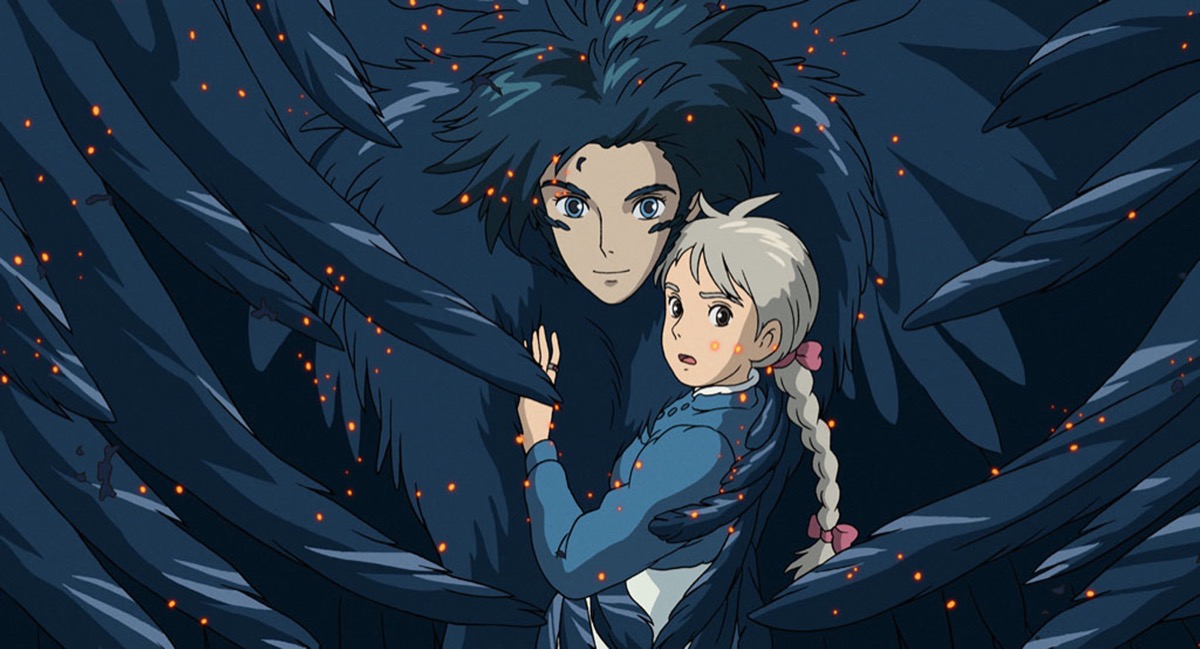
Mt. Head, 2002
Directed by Kōji Yamamura, Mt. Head was nominated for a Best Animated Short Film Oscar at the 75th Academy Awards, where it lost to The ChubbChubbs!. Based on a traditional Japanese rakugo, meaning a form of entertainment where a lone storyteller tells a comical story with very little help from any props or scenery, Mt. Head tells the story of a man who finds a tree sprouting from his head after eating some cherry pits.
Spirited Away, 2002
Studio Ghibli’s entrance on the Academy Awards scene happened with a bang. Spirited Away, directed by Hayao Miyazaki, was the absolute winner of the 75th Oscars, bringing home the Best Animated Feature statue over 20th Century Fox’s Ice Age, Disney’s Lilo & Stitch and Treasure Planet, and DreamWorks’ Spirit: Stallion of the Cimarron—and it was only the second year since the introduction of the Best Animated Feature category, which debuted the year before basically to prevent animated movies from being nominated in or winning Best Picture.
Spirited Away, an overall classic and universally considered one of the best movies of the 21st century, follows the story of Chihiro, a ten-year-old girl who finds herself working in a bathhouse for the spirits in the world of the Kami after her parents are turned into pigs by a terrible witch—a bathhouse in which she will meet incredible characters like the dragon-boy Haku and the creature No-Face.
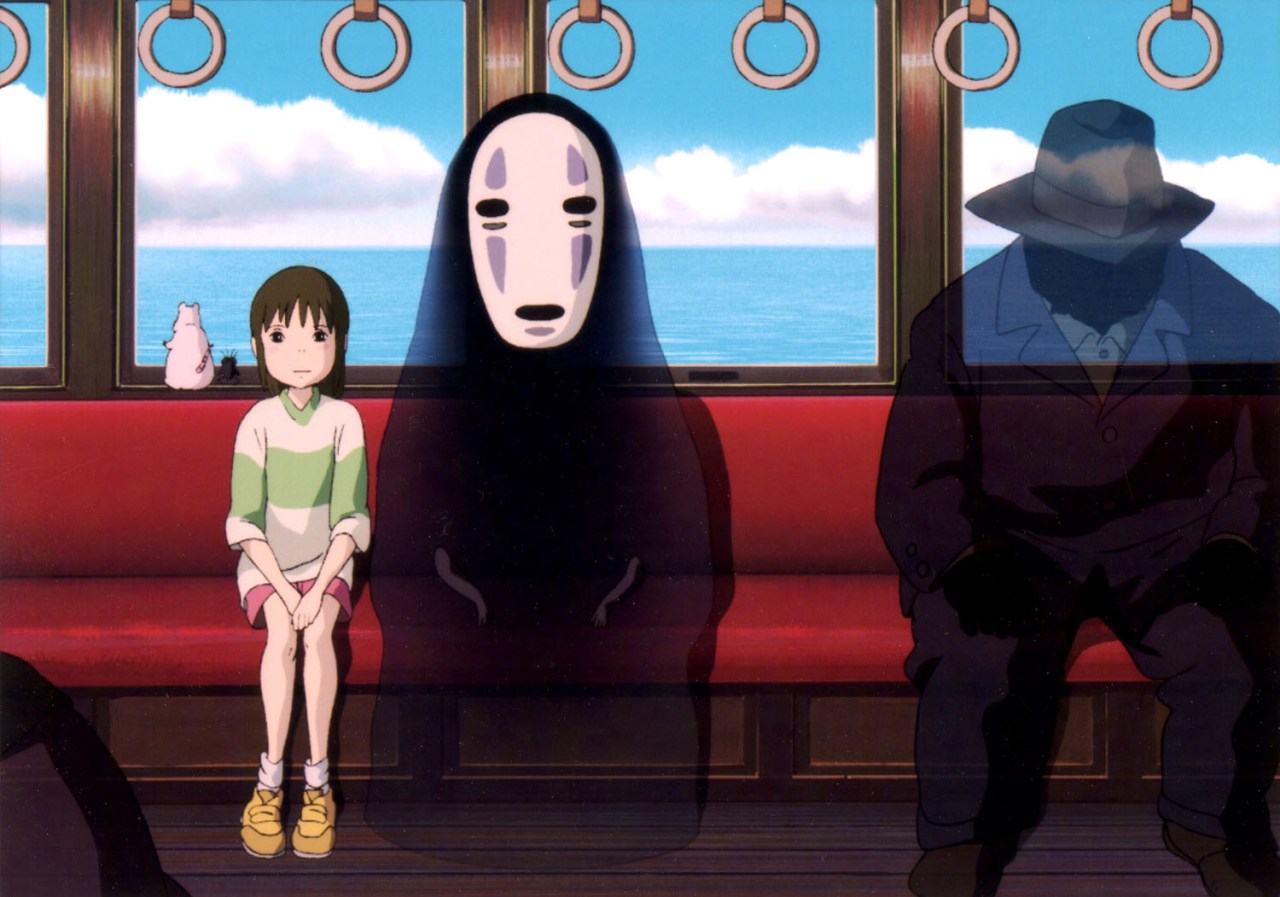
(image: Studio Ghibli)



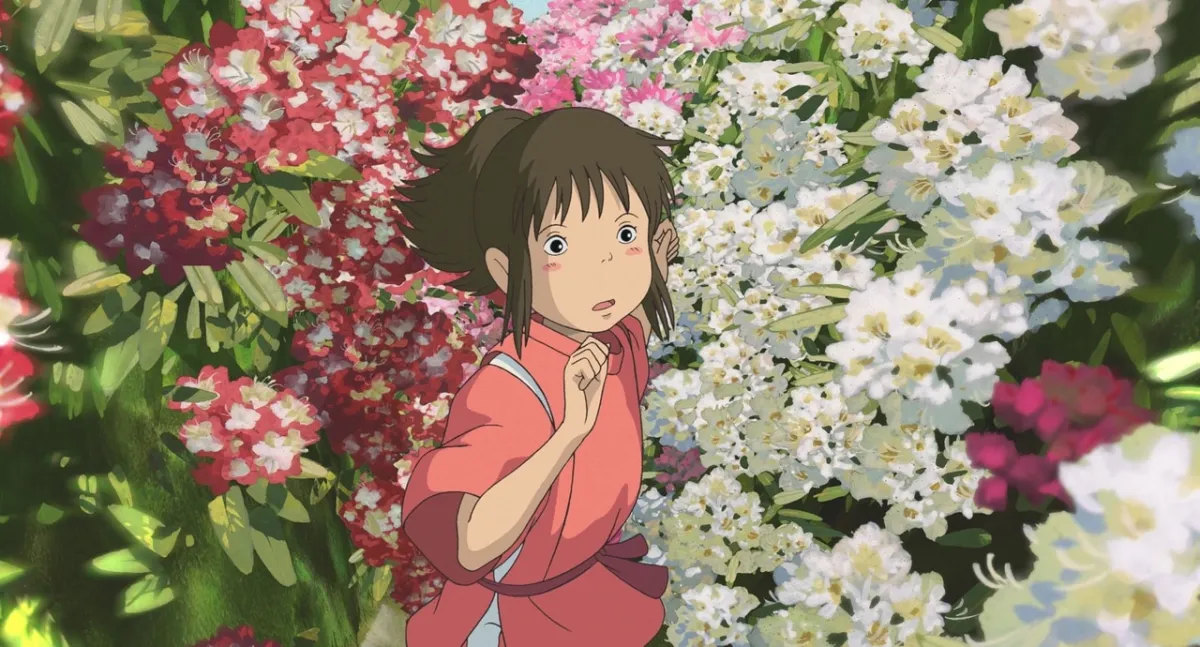





Published: Mar 1, 2022 5:55 PM UTC